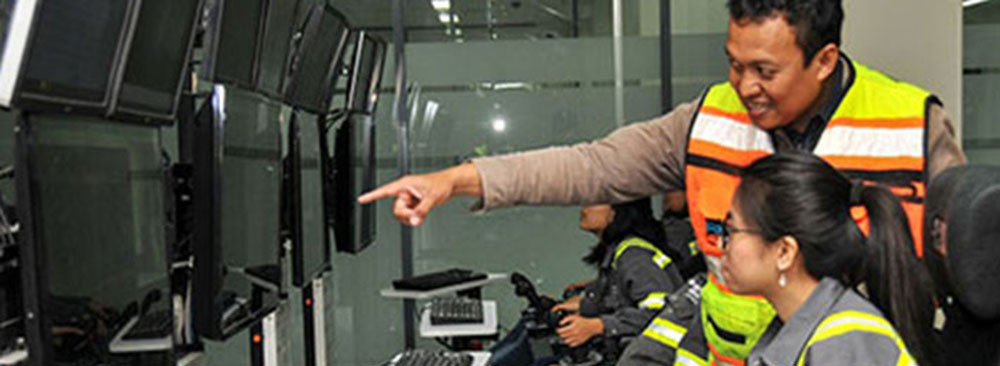Popular Reads
Top Results
Can't find what you're looking for?
View all search resultsPopular Reads
Top Results
Can't find what you're looking for?
View all search resultsDownstreaming production key to elevating Indonesia’s economy
Change text size
Gift Premium Articles
to Anyone
I
ndonesia is home to an abundance of natural resources, and therefore it is essential for the country to optimize the potential of its richness through the downstream mining industry program.
This program has had a significant impact on building an economy based on added value, with a focus on copper, bauxite and silica sand commodities. Downstreaming is also a prerequisite for the processing sector to support the achievement of the vision of Golden Indonesia in 2045, if it is carried out in accordance with the investment plan.
Downstreaming of the mining industry, especially copper, bauxite and silica sand, was initially carried out through the construction of copper and bauxite smelters, as well as the development of products made from silica sand.
Research by the Faculty of Economics and Business, University of Indonesia (FEB UI) entitled "Study of the Impact of Mining Industry Downstreaming on the Economy, Social, and Environment: Copper, Bauxite and Silica Sand" gave a glimpse of how the country has moved forward with the process.
Deputy head of the Center for Sharia Economics and Business, Faculty of Economics and Business, University of Indonesia (PEBS FEB UI), Nur Kholis, said that downstreaming has enabled Indonesia to no longer just export raw materials. As of now, value-added products such as glass, ceramics and solar panels are able to be produced domestically, as it further strengthens the national industrial structure and opens up new economic opportunities.
"We cannot continue to rely on exports of raw materials and imports of intermediate goods from abroad. Downstreaming is our path to economic independence. By increasing investment in order to produce value-added products domestically, we create jobs, increase people's incomes and ensure that our natural resources truly provide maximum benefits for the nation," said Nur Kholis.
Nur Kholis explained that the impact of the downstreaming of copper, bauxite and silica sand has begun to be felt in areas such as Gresik regency in East Java, Batang regency in Central Java and Mempawah regency in West Kalimantan, where the construction of smelters has become a driving force for the local economy.
However, downstreaming also faces challenges such as limited infrastructure and technology, a lack of skilled workers, fluctuating market demand and negative impacts on the environment.
To ensure that the ambition toward Golden Indonesia 2045 is realized, Nur Kholis advised that the government should focus on the development of human resources, technology research and the application of environmentally friendly technology, product diversification and strengthening international cooperation.










